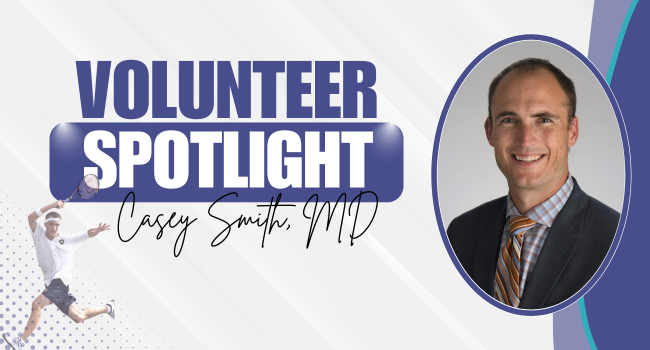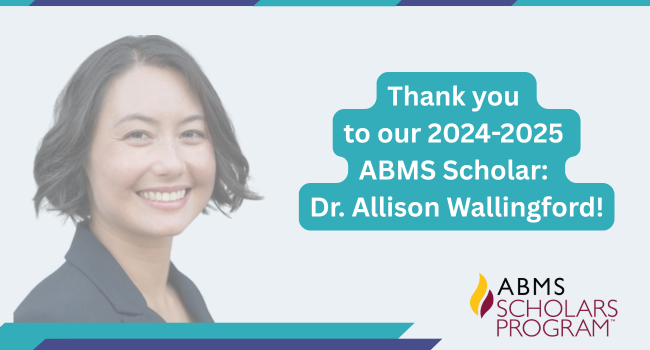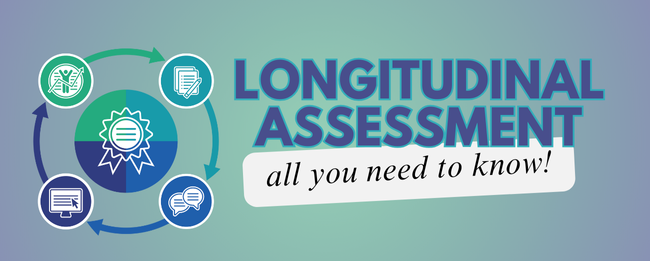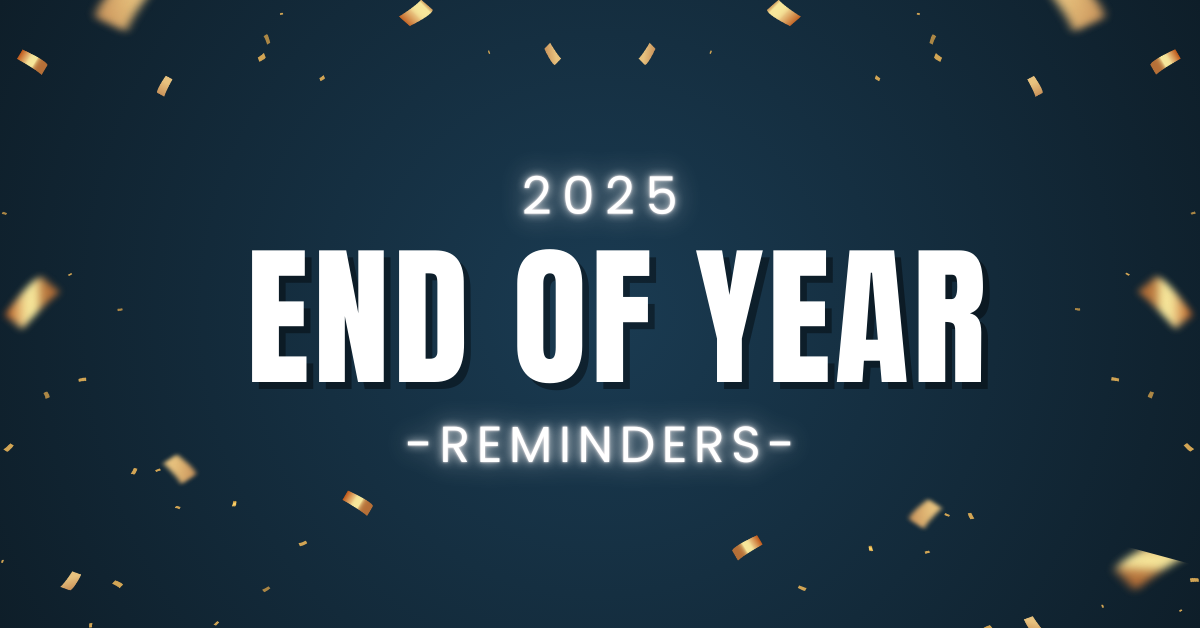Physician Features
The Faces of Physiatry - Dr. David Lin
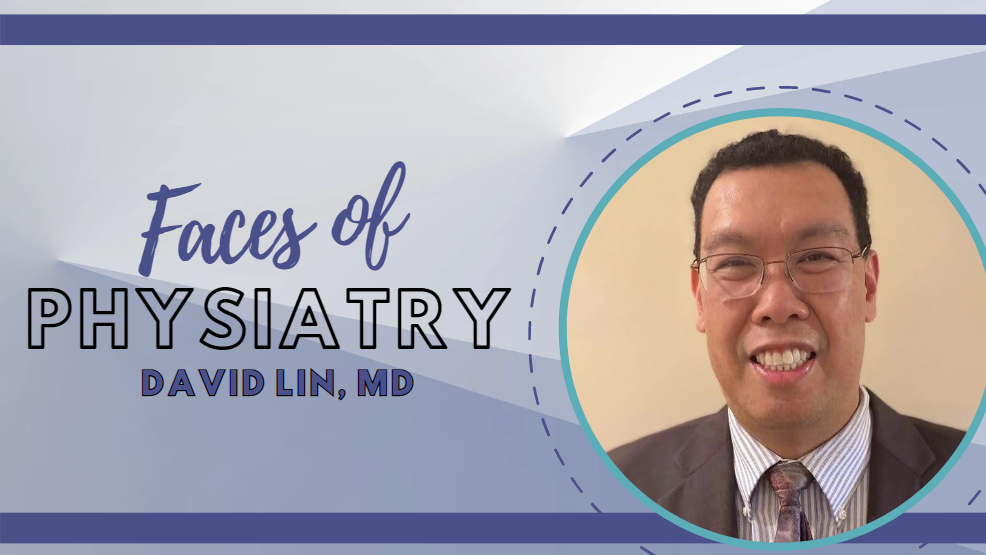
David Lin, MD is one of the ABPMR’s most dedicated volunteers and the only PM&R physician to be board certified in four specialties: Brain Injury Medicine, Neuromuscular Medicine, Spinal Cord Injury Medicine, and Sports Medicine. Growing up in Birmingham, Alabama, it’s only fitting Dr. Lin would go on to receive his medical degree from the University of Alabama at Birmingham. He joined New York-Presbyterian Hospital in 2003, after completing a residency in Physical Medicine and Rehabilitation at New York University/Rusk Institute of Rehabilitation Medicine in New York, where he served as Chief Resident. He is currently the Medical Director of the Acute Inpatient Rehabilitation Unit at the Weill Cornell Medical Center/New York Presbyterian Hospital.
Why did you choose PM&R as a specialty?
My mother was a rehab nurse, so I had that exposure to rehabilitation growing up and seeing the patients she worked with. When I applied to medical school and residency, I liked the idea of really trying to improve function. It’s a very tangible aspect of care and you can really see the reward which is people getting better, improving their quality of life, and that is what inspired me.
How long have you been practicing PM&R?
I graduated from residency in 2003 and have been here at Cornell ever since. I’ve only had two jobs in my entire life, this role at Cornell and a short-order cook at the Waffle House.
What changes have you seen in PM&R over the course of your career?
Tighter regulations. I do a mix of inpatient and outpatient care and it’s a little different for each side, but for inpatient care I feel like there is more oversight, more documentation; and unfortunately getting people approved for rehab is harder.
What was your interest in getting all the subspecialties and have they benefited you?
I see a broad, diverse group of people and I didn’t do any fellowships, I ended up being grandfathered into these subspecialties. Working with inpatient and outpatient I see patients with spinal cord injuries, brain injuries, and neuromuscular disorders so it was an easy transition because I have treated them in the outpatient setting. I have a lot of patients with knee pain, back pain, sports injuries so that was a good fit as well. I definitely consider myself a generalist and because of my general practice I am able to specialize in those things as well. It’s kind of like an oxymoron. We have residents here who help keep me up to date because we’re constantly processing new information as well as the certifications I keep up with.
How do you feel about the change to Longitudinal Assessment?
I like it because it’s not one high-stakes exam. I like that you have the ability to process information in little bites and that’s an easier way to have this lifelong learning instead of just once every 10 years. You also learn more by doing it every three months. You can immediately see what you got wrong and why, and you get that instant feedback which helps you learn.
Why do you think it’s important for a physician to do volunteer work?
I think it’s important to spread the word of physiatry in general. We are credentialing the future of rehab and the people that are going to be our colleagues. It is important to be a part of this process and make the field move forward with people who are competent and understand what rehab is.
What is the value of board certification to you as a physician?
Board Certification is basically a standardized way of saying you have competence in a certain area of specialty. You’ve done the work, you’ve done the study, the education, and now it’s certified. It means you have the ability to provide competent care, and it’s an important and objective way for people to evaluate a doctor.
What is one patient story that really stands out to you?
What really strikes me are the younger patients and their power to heal. I had a young patient who had a brain tumor, a malignant one so not extremely aggressive, and when they removed [the tumor] he was basically paralyzed. When he came to me in rehab, and we were working together for about a month, he went from being paralyzed to walking again. We rarely see a patient with almost a one hundred percent recovery in such a short time, and that is what really hits home.
What do you enjoy doing in your free time?
I have three daughters, so I basically spend my time driving them around to where they need to be. My oldest is a senior so we are in the middle of the college application process. Definitely doing all the “girl dad” things.
